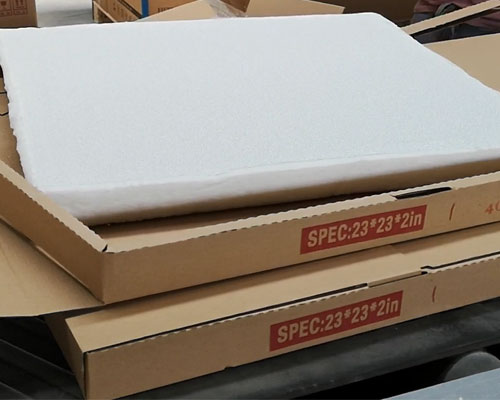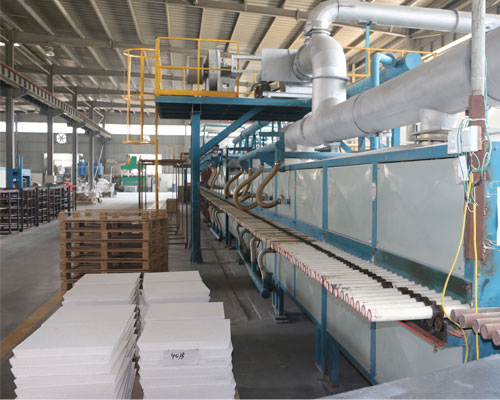As a well-known foam ceramic filter manufacturer, we can produce 20-60PPI ceramic filters to meet the needs of the aluminum metal casting process.
Ceramic foam filters play a vital role in the metal casting and foundry industries. They are used to filter impurities in molten metal to improve the quality and performance of the final product.
Ceramic foam filters require precise performance under extremely high temperatures and harsh conditions, and must meet the highest standards in terms of performance, durability, and heat resistance. The filter products we provide are used to cast aluminum by some of the most well-known foundries in the world.
Even the slightest non-metallic impurities in the molten metal can have a destructive effect on the performance and strength of finished metal products. This may cause the final product to fail to meet the necessary quality standards, and if it needs to be recast or scrapped, the cost may be very high. Ceramic filters play an important role in removing these impurities and ensuring high-quality castings.
Therefore, the precision and accuracy of the ceramic filter are very important. Each aluminum casting ensures the quality, durability, and performance of the filter.

As the foam ceramic filter manufacturer, our ceramic foam filter uses good portiforium foam and high purity ceramic as raw material, can remove non-metal solid mixture from molten aluminum effectively in your aluminum casting industry.
AdTech specially designed Ceramic Foam Filters are made of the basic raw material Aluminium Oxide. Alumina Ceramic Foam Filters is available in all common sizes: 7″, 9″, 12″, 15″, 17″, 20″, and 23″.
Alumina Ceramic Foam Filters are mainly for filtration of aluminium and aluminium alloys in foundries and cast houses. With their excellent resistance to attack and corrosion from molten aluminum, they can effectively remove inclusions, reduce trapped gas and provide laminar flow, and then the filtered metal is significantly cleaner. Cleaner metal results in higher-quality castings, less scrap, and fewer inclusion defects, all of which contribute to bottom-line profit.

